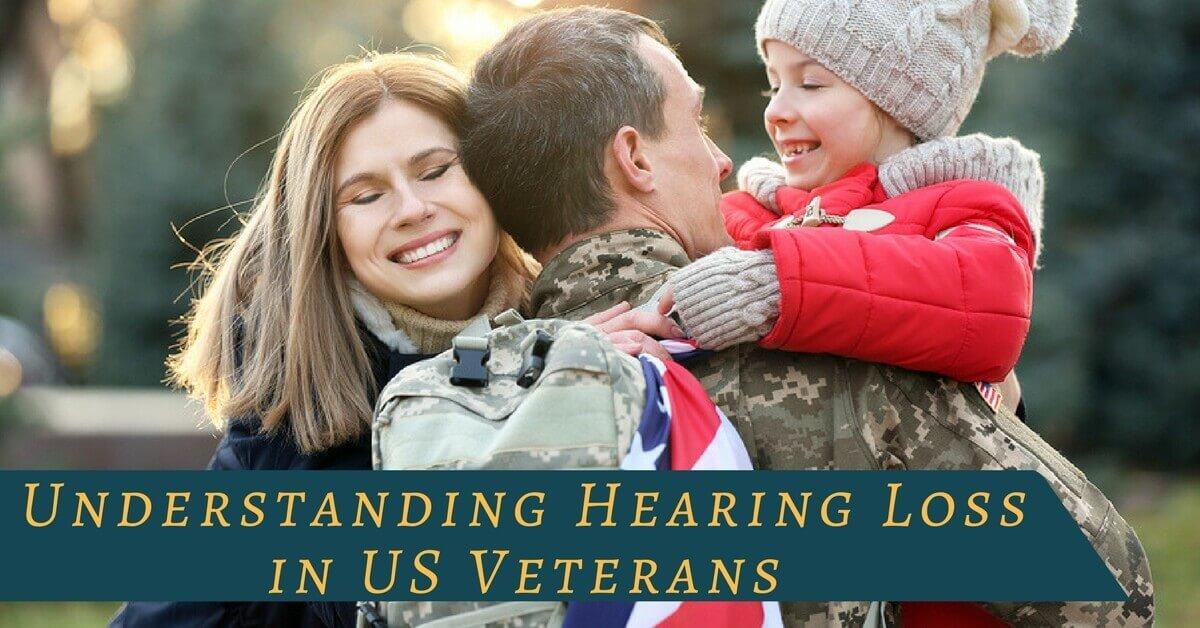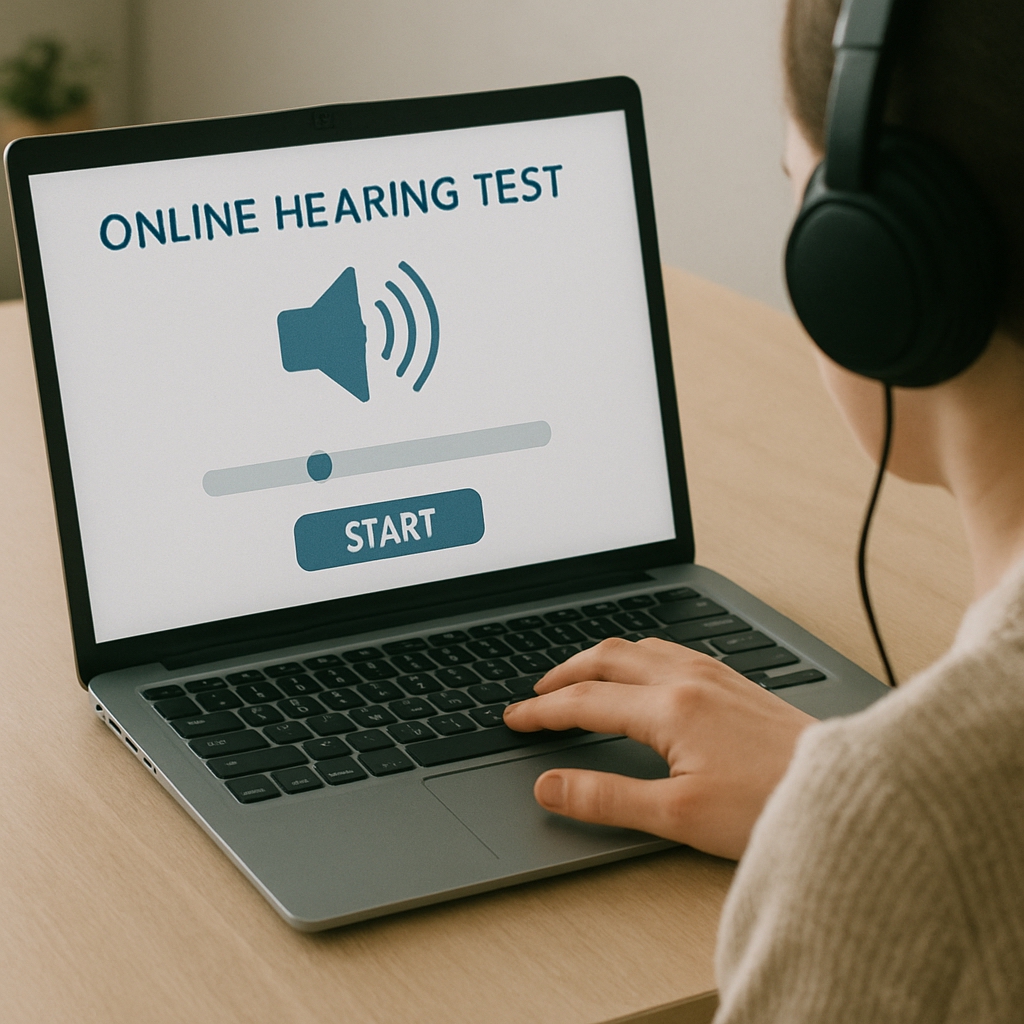Understanding Hearing Loss in US Veterans

On Veteran’s Day, November 11, Atlanta Hearing Doctor is proud to honor the brave service people who have dedicated their lives to the United States. We want to take this opportunity to thank members of our military and also gently raise awareness around an issue that affects 60% of US Veterans returning from combat zones.
High Rates of Hearing Loss & Tinnitus Among Veterans
In an interview with the Hearing Loss Association of America (HLAA), Captain Brogan describes an experience he had during Operation Iraqi Freedom: “I was injured by a suicide bomber at close range, on April 11, 2006, while leading a foot patrol in Rawah, Iraq. My hearing was substantially damaged. My first hearing test was not till a few months after my injury. The test results showed that my right ear had been perforated and sustained severe to profound damage and the left severe…The inner ear was so damaged that my vestibular system was damaged and my balance and dizziness were horrible.”According to the Department of Veterans Affairs (VA), “Veterans are more likely to suffer hearing loss because of their military experience, employment, socioeconomic status, lack of access to health care, and age than other groups in the population.” Approximately 60% of veterans returning from combat zones have reported cases of tinnitus and hearing loss due to exposure to very loud noises.Following World War II, the high rate of veterans experiencing hearing loss led to an expansion in the field of audiology. Researchers identified exposure to loud noise in combat zones as an impetus of noise-induced hearing loss. Between 1945 and 1947, military hearing health rehabilitation programs processed 15,000 veterans. With awareness surrounding hearing loss raised, 71,000 veterans were identified by the VA in 1957 as experiencing some form of hearing loss. Rigorous research and development in the post-war years lead to a number of advanced hearing aid technologies and a better understanding of the effect of noise on hearing.
Noise-Induced Hearing Loss in Combat Zones
Noise-induced hearing loss occurs due to exposed to dangerous levels of noise, whether in short bursts, singular events, or over a long period of time. Hearing research has indicated that noise-induced hearing loss may occur with exposure to noises louder than 85 decibels, in as short a period as eight hours. As decibel levels rise, the time frame for hearing loss shortens.In combat zones, noises far exceed 85 decibels. A gunshot ranges between 140 to 190 decibels, depending on the weapon and exposure to this has the potential to cause immediate hearing damage. A gun’s firing mechanism clocks in at 115 decibels, while a bomb or grenade measures as high as 190 decibels. Vehicular engines and communication devices worn in the ear also produce loud noises, which can be harmful. Exposure to these sounds in just a few moments could lead to permanent hearing loss.Though earplugs are offered as protection, they are often not an entirely useful tool. As Roman Mars reports in the podcast 99% Invisible: “The US Marine Corps buys a lot of foam earplugs. Visit any military base and you’ll find them under the bleachers, at the firing range, in the bottoms of washing machines…they are cheap and effective at making noise less noisy…In a military situation, a reduction of 30 decibels is especially helpful with a steady grinding background din such as the thrum of a Blackhawk helicopter.”Why don’t service people use these earplugs? According to Dr. Eric Fallon, “The noise environment of the modern battlefield can change very quickly. Service members need hearing protection that allows them to hear quiet noises and protects them when things get loud. In a combat situation, soldiers depend on their hearing to help them figure out what to do when things escalate quickly on the ground. A routine patrol, for instance, may suddenly come under fire without warning.”Fortunately, there are other options available. Currently, the Department of Defense and the VA are looking into the option of tactical communication and protective systems (TCAPS), which provides more nuanced sound access and protection in the field.
Hearing Loss Resources for Veterans
Did you know that the Hearing Loss Association of America was founded by a retired CIA agent? Howard Stone, former CIA, had experienced hearing loss in 1979 after serving in the US Army. The HLAA aims to support veterans and people with hearing loss. Additionally, the VA contributes greatly to resources around hearing loss.Here are some resources that offer support and information on hearing loss for veterans:
- The Hearing Loss Association of America: hearingloss.org/content/veterans
- Veterans’ Health Council: veteranshealth.org
- US Department of Veterans Affairs: va.gov
- The Dept. of Veterans Affairs in Georgia: https://veterans.georgia.gov/
- Atlanta’s VA Services: https://www.atlanta.va.gov/
For veterans who have questions about hearing loss or want to begin the process to improving their hearing health, contact our team at Atlanta Hearing Doctor today.
Send us a message
Feel free to reach out to us for any questions you may have or to schedule an appointment. Our team is here to provide you with the support and information you need. We look forward to assisting you!
Email us
Give us a call





